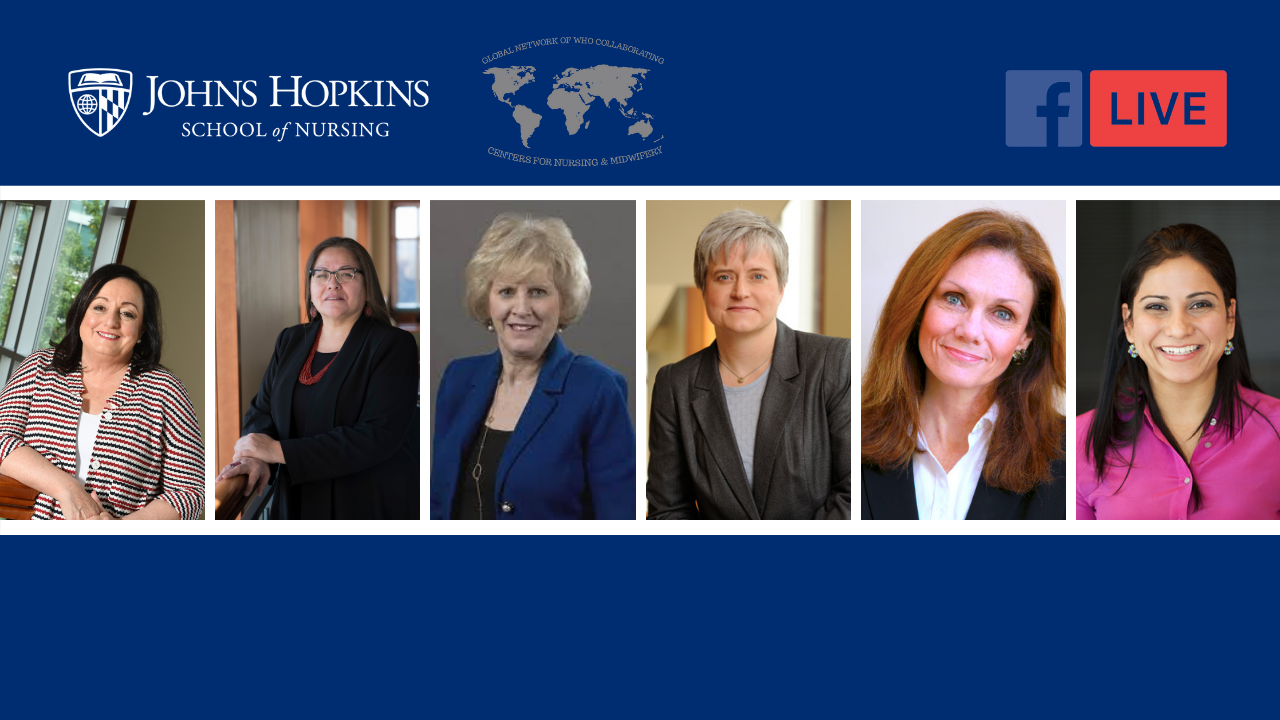The theme for 2021 International Women’s Day is “Women in leadership: Achieving an equitable future in a COVID-19 world.”
From the U.N.:
The theme celebrates the tremendous efforts by women and girls around the world in shaping a more equal future and recovery from the COVID-19 pandemic. It is also aligned with the priority theme of the 65th session of the Commission on the Status of Women, “Women’s full and effective participation and decision-making in public life, as well as the elimination of violence, for achieving gender equality and the empowerment of all women and girls”, and the flagship Generation Equality campaign.
Amid COVID-19, women have been on the front lines delivering care—they make up the largest segment of health care workers globally, and are frequently the primary caregivers in the home. This panel features diverse perspectives and global experts to discuss the topic.
Key Takeaways
“COVID-19 is not an equalizer, it is a magnifier of inequality in our world,”
Leslie Mancuso, JHPIEGO
“Indigenous young women, I challenge you to set your sights on nursing. If we are to have a positive impact on Indigenous health outcomes, the best approach is through nursing, and we have a strong tradition of warrior women,”
Teresa Brockie, Assistant Professor
“We need women in global health in a post-COVID world so we that we build back better. We can incorporate in communities what should have been done all along,”
Nancy Glass, Professor & Independence Chair in Nursing
“We can use the State of the World Nursing Report to keep moving forward, it is the most comprehensive data about how to improve nursing,”
Nancy Reynolds, Associate Dean of Global Affairs
“Lockdown policies forced people into abusive situations that were not safe, and if more women were involved in the decision making process that would have been a consideration,”
Roopa Dhatt, Women in Global Health
About the Panelists
Dr. Patricia Davidson, moderator, is dean of the Johns Hopkins School of Nursing.
Nancy Reynolds, PhD, MS, RN, FAAN, C-NP, is Associate Dean of Global Affairs and Director for the Center for Global Initiatives at the Johns Hopkins School of Nursing, as well as co-director for the WHO Collaborating Centre for Nursing Information and Knowledge Management and co-secretary general, Global Network of the WHO Collaborating Centers of Nursing and Midwifery. Actively involved in the WHO State of the World’s Nursing Report.
Teresa Brockie, PhD, RN, FAAN, is an assistant professor at the Johns Hopkins School of Nursing. Her research focuses on achieving health equity through community-based prevention and intervention of suicide, trauma, and adverse childhood experiences among vulnerable populations. A member of the White Clay (A’aninin) Nation from Fort Belknap, Montana, Dr. Brockie earned her PhD at the Johns Hopkins School of Nursing and completed a postdoctoral fellowship with the National Institutes of Health Clinical Center.
Nancy Glass, PhD, MPH, MS, RN, FAAN, Associate Director for the Johns Hopkins Center for Global Health, the Independence Chair in Nursing Education, and a professor at the Johns Hopkins School of Nursing. She conducts clinical and community-based intervention research with diverse populations across multiple settings domestically and globally with a particular focus on gender based violence. She has led some exciting microfinancing programs internationally including Pigs for Peace and Rabbits for Resilience.
Leslie Mancuso, PhD, RN, FAAN, is the President and CEO of Jhpiego, an international nonprofit health organization affiliated with Johns Hopkins University. For 44 years and in 155 countries, Jhpiego has worked with frontline health workers to design and implement low-cost innovative solutions to prevent the needless death of women and their families. Dr. Mancuso, a nurse and an American Academy of Nursing Fellow, is a recognized international business leader with a track record of success in bringing accountability to and navigating changes in the international nonprofit sector.
Roopa Dhatt, PhD, RN, FAAN, is a passionate advocate for gender equality in global health and a leading voice in the movement to correct the gender imbalance in global health leadership. She is also a practicing Internal Medicine physician. Dr. Dhatt is particularly committed to addressing issues of power, privilege, and intersectionality that keep many women from global health leadership roles and to opening up spaces for the voices of these women to be heard. Determined to build a movement to transform women’s leadership opportunities in health, Dr Dhatt co-founded Women in Global Health in 2015. Today, Women in Global Health has more than 25,000 supporters in more than 90 countries and continues to grow.
Read more
- On The Pulse: Men In Nursing
- On The Pulse: The Impact of COVID-19 on Nursing
- Facebook Live: COVID-19 and the Future of Higher Education
- Facebook Live: The Border is Here, The Crisis is Real for Our Children and the Time is Now
- Facebook Live Debunks the Myths on COVID-19
- International Women’s Day: What is Progress in a Field Dominated by Women?
